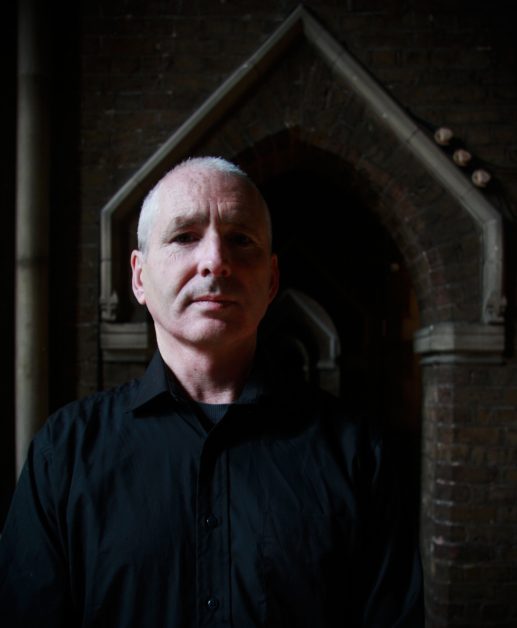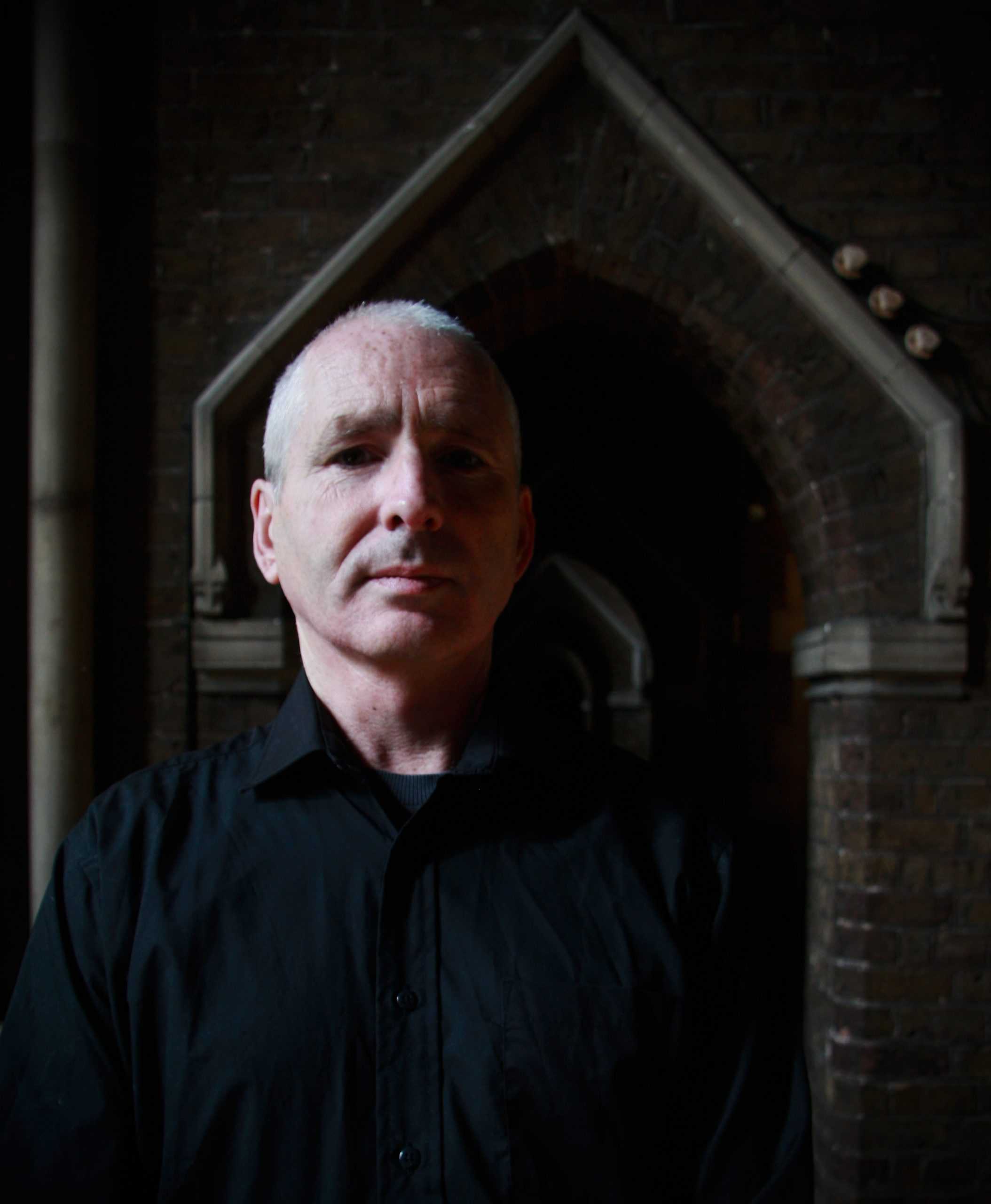Divine Art Records is to issue in the spring of 2023 the first recording of the African-inspired 75-movement, 3-hour Afrikosmos by long-established South African composer Michael Blake. The recording was made in June 2021 at the Menuhin Hall, Cobham, Surrey by pianist Antony Gray, whose recent Divine Art albums of piano works by Saint-Saëns have met with great success and glowing reviews.
The composer writes:
“The idea of writing an African response to Bartók’s Mikrokosmos has a long genesis. I first approached it in 2003 with a tiny piece for young players called iKos’tina, commissioned by the ABRSM for Thalia Myers’ Spectrum series. Béla Bartók composed his Mikrokosmos initially to teach the piano to his son Peter, and so it includes pieces for beginners through to more advanced students and concert pianists, with most of the pieces drawing on Eastern European folk music. I followed his format of six volumes, each one roughly following a similar format, with one or two pieces that fall into each of the following genres: studies, pieces focusing on rhythm and texture, character pieces, dances, pieces exploring a mode or scale, folksong arrangements and variations, transcriptions and homages. Just as Bartók wanted to represent a small world, or the “world of the little ones, the children”, so I wanted to represent as broad a picture as possible of African music and my own heritage.
I wanted to explore in as comprehensive a way possible the vast range of traditional music from sub-Saharan Africa. While a few pieces are piano transcriptions of existing music, most pieces are written in a neo-African style, reflecting my own compositional aesthetic which has drawn on African musical material and aesthetics since the mid-1970s. Throughout I tried to write music which doesn’t patronise or ‘write down’ to young players, however simple the music may be. The pieces use African five and six note scales, harmonies based on the overtone series, polyrhythm, interlocking, cyclic form, etc. And there are also pieces which are cutups or collages of existing music, some which use graphic notation, or are played directly on the strings, and some in which the pianist has to whistle or click their fingers as percussive accompaniment.
The support of the Rockefeller Foundation is gratefully acknowledged. A residency at the Rockefeller Writers Centre, Bellagio, in June 2015, provided the initial impetus for this project and I completed the project five years later in June 2020. In August 2021 Antony Gray premiered most of the pieces in a three-part soirée in Le Genesteix in the salon of Stephen Pettitt, near my home in France. The scores were published in 2022 by Bardic Edition. The pieces are dedicated to friends, colleagues, former students, and some who have passed.”
Michael Blake, South African born composer and pianist, was based in London from 1977, returning to the ‘New South Africa’ twenty years later. Apart from teaching composition at several universities, he was responsible for a number of post-apartheid New Music initiatives – including joining the ISCM, and setting up a new music festival and composers meeting – which aimed to improve the status of composition after the divisive years of apartheid. His musical language is partly the result of an immersion in the materials and playing techniques of African music, but also drawing on virtually any found material, and is influenced by both experimental film and African weaving techniques. His works have been widely played, in Toronto, New York, Havana, Buenos Aires, Mexico, Australia, India, Japan, and throughout Europe and Africa, and now appears on some 15 CDs. Since 2015 he has lived in rural France with his wife, musicologist and writer Christine Lucia, and their Breton spaniel Dollie, but spends part of each year in Cape Town, where he is honorary professor of experimental composition in the Africa Open Institute at Stellenbosch University.

The Australian pianist, Antony Gray was educated in Victoria, Australia. He graduated from the Victorian College of Arts where he studied with Roy Shepherd and Stephen McIntyre, winning several awards and prizes, including the Allans Keyboard Award two years running. In 1982 he received a scholarship from the Astra foundation to continue his studies in London with Joyce Rathbone and Geoffrey Parsons.
Based now in London, he has long been regarded as one of the most interesting and communicative performers of his generation. His career to date has encompassed solo and chamber music performances around the world, as well as regular recordings for CD and radio. He has been a (selective) champion of contemporary music and has premiered many pieces written for him. He has also championed many neglected composers such as George Enescu, Dussek and Martinu. From his time at College he has been a champion of many living composers, and his work with Australian composers Malcolm Williamson and John Carmichael has been particularly productive.
Antony Gray was one of ABC Classics’ most prolific recording artists, having recorded fourteen discs of solo piano music for the label, as well as featuring on a recital disc for KNS Classical and a number of other recording projects. Recordings already released are the complete solo piano works of Eugene Goossens, Malcolm Williamson (this recording has been included in a recent survey of 1001 recordings to hear before you die) and John Carmichael, as well as the late piano pieces of Johannes Brahms, a 3 disc set of Bach transcriptions, including several written specially for the recording, and a 5 disc set of the complete piano works of Francis Poulenc, including a number of works recorded for the first time, all on ABC Classics.
Album Details
Title: Afrikosmos
Composer: Michael Blake
Performer: Antony Gray (piano)
Label: Divine Art
Catalogue number: DDA 21374 (3 CD set/triple digital album)
Track List:
Lullaby to Comfort a Child / Stickfighting Song / Interlocking Hands / Sefapanosaurus / Distant Cowbells / Herding Song/ Geyser off! Hat on! / Fifths/ You are a real rascal/ Slow Dance / In the Hexatonic Mode / Wedding Song/ Ntsikana’s Bell / Reflection (Homage to Erik Satie) / Stroll to the Spaza Shop (Homage to Stanley Glasser) / Canon at the Octave / Five Finger Patterns / Ostinato with Cross-rhythms / Call and Response/ Four-note Patterns / Threshing Song / Lusikiski / Variations on 4ths and 5ths / In Goema Style / Latshon’ilang / There Cried a Hippo / Song for the Evening / Haiku / March (Homage to Stefan Wolpe) / Spotted Dikkop and Black Cuckoo / Smoke and Mirrors / Supermoon (Homage to Henry Cowell) / Lebombo Bone / iKos’tina / Stay on path / Thirds / Tickey-draai / Two Modes Interlocking / Variations on a Flute Tune / John Knox Bokwe’s ‘Plea for Africa’ / Postcards from South Africa / African Doves (Homage to Messiaen) / Keep left, pass right / If I had wings I could fly / High Fives / Emerging Melody / Scents of Childhood 1 (Homage to Schumann) / Self Delectative Song / Seventh must Fall / Chaconne in Mbaqanga Style / Patterns in a Heptatonic Field / Weave / Da kom die Alibama / Message from the Nduna (Homage to György Kurtág) / The Seven Steps / Linong tsa lesiba / Une Sonnerie pour G.D. / Chorale (Homage to MMM) / Scents of Childhood 2 (Homage to Schumann) / Walking Song (Homage to Percy Grainger) / Changing Times with Repeating Patterns / Reedpipe Dance / Major-Minor / Unevensong / Ituri Rain Forest (Homage to JSB) / The music flows jolly as it won’t stop forever / Heaven’s Bow / Night Music / Giyani / Scents of Childhood 3 (Homage to Schumann and Puccini) / Diary of a Dung Beetle / Freedom Day Variation / Lyric Piece (Homage to Grieg) / Broken Line / Dance in Seakhi Rhythm (Homage to Bartók and JP Mohapeloa)












